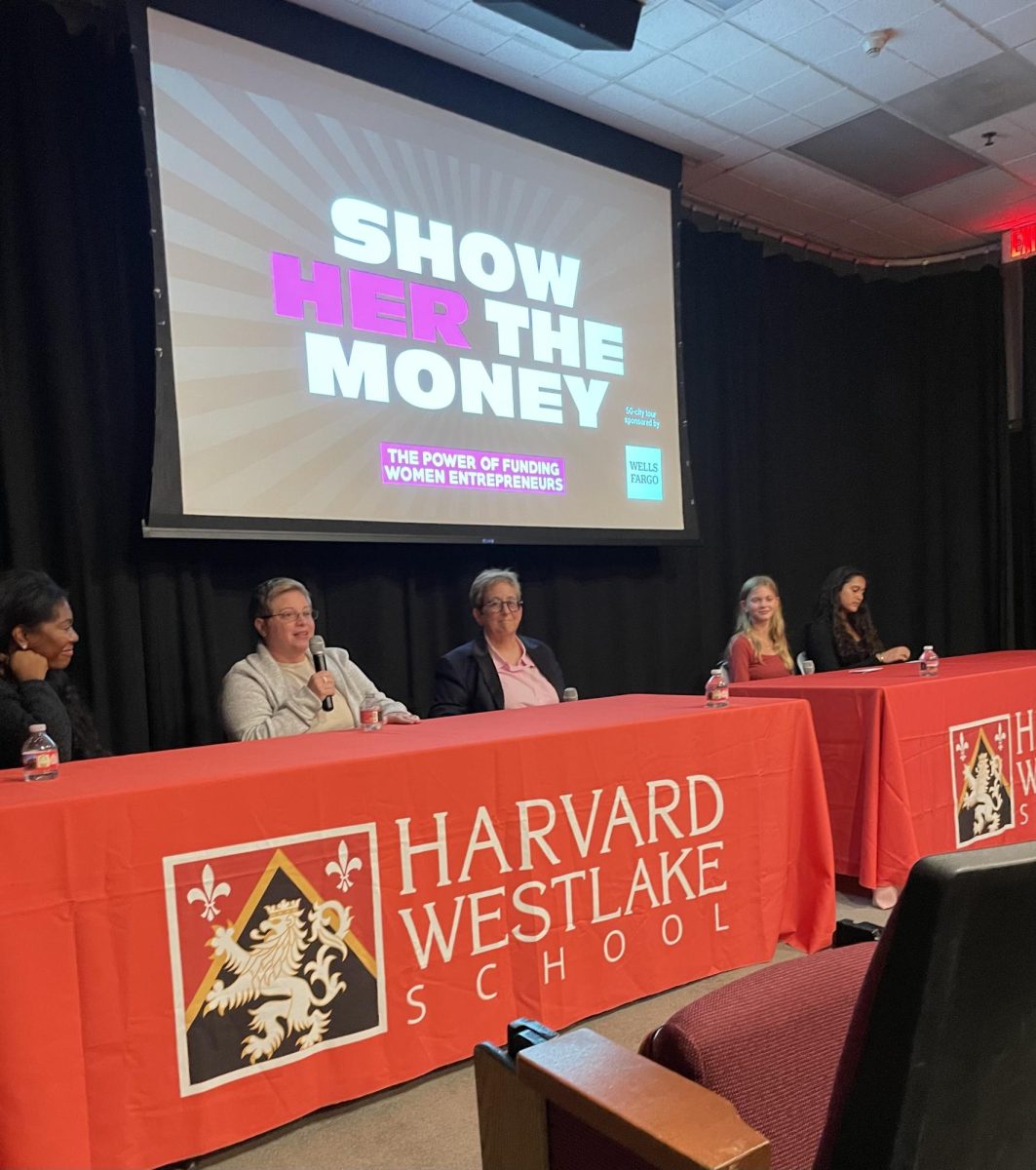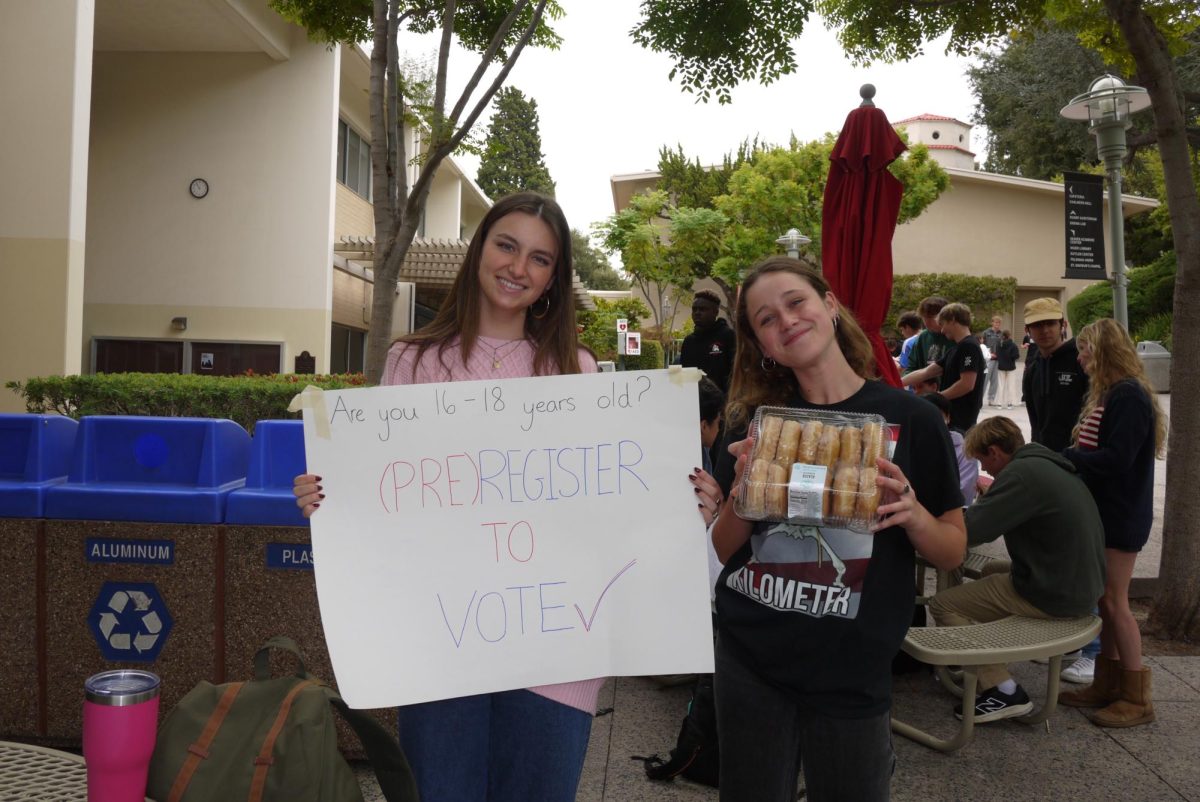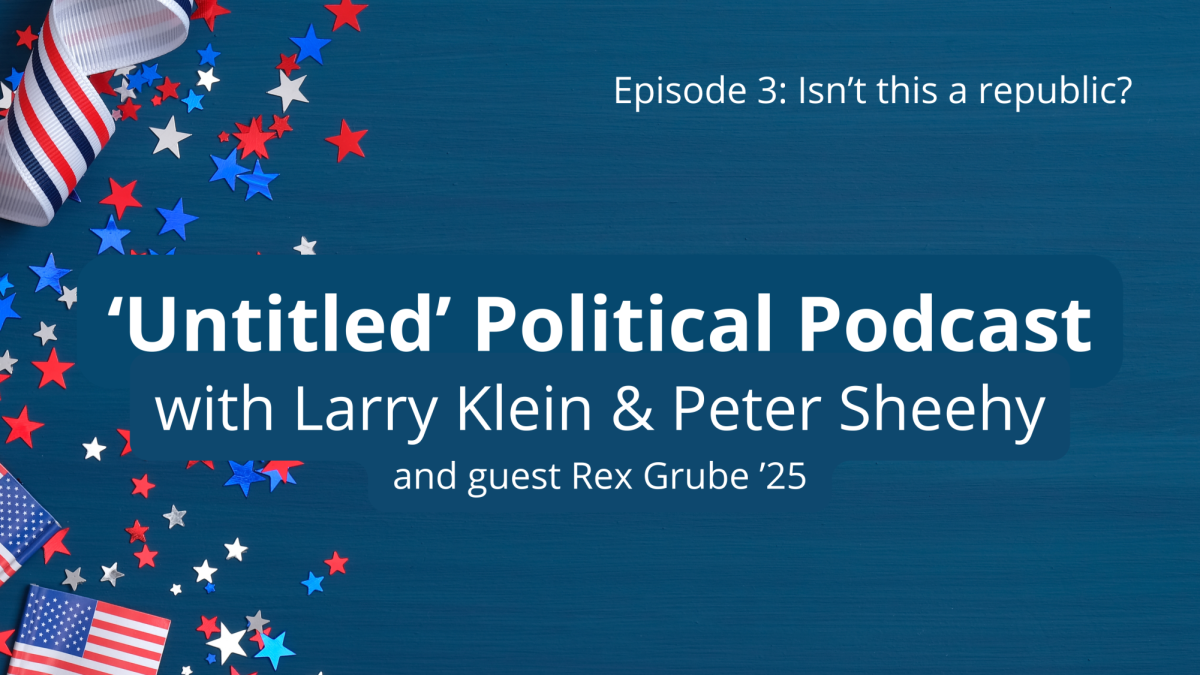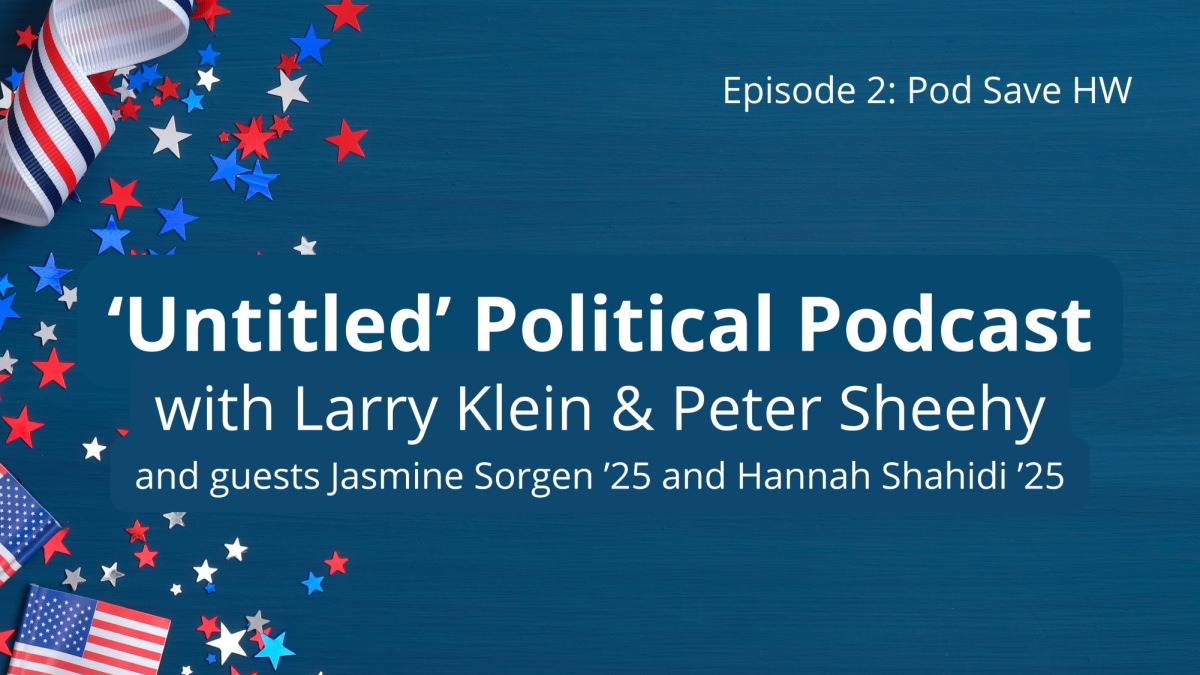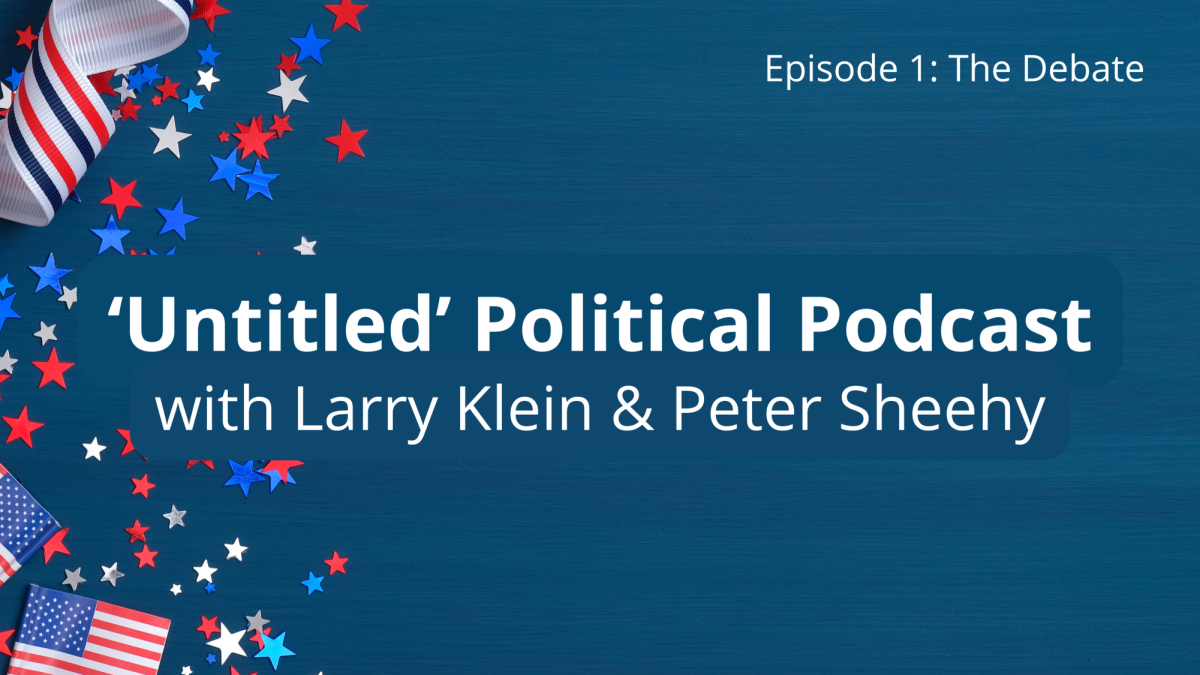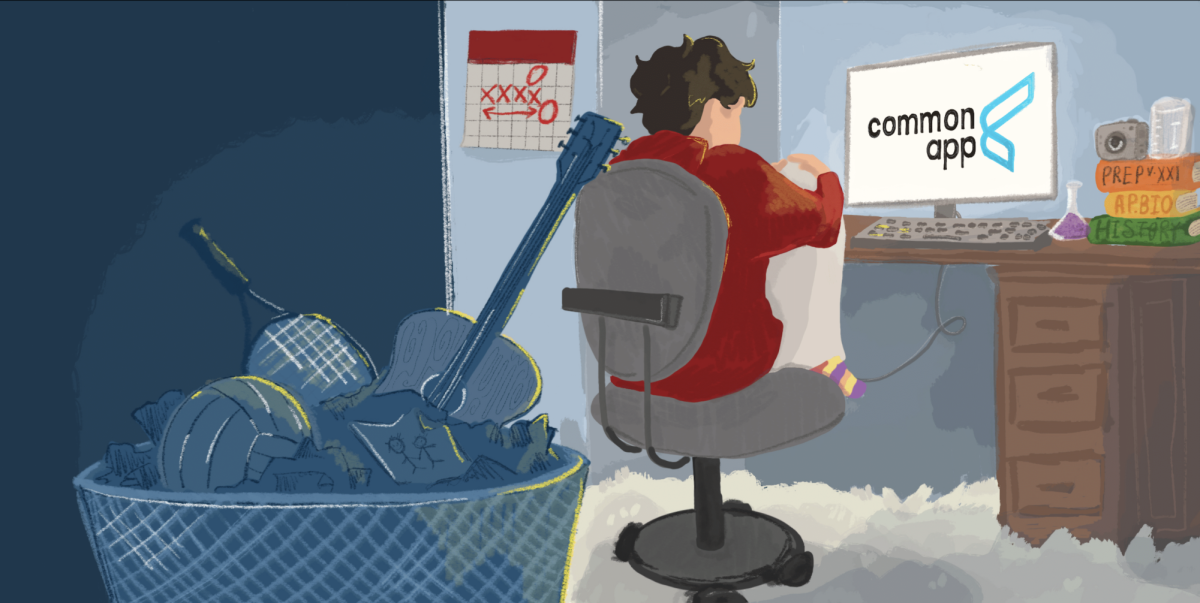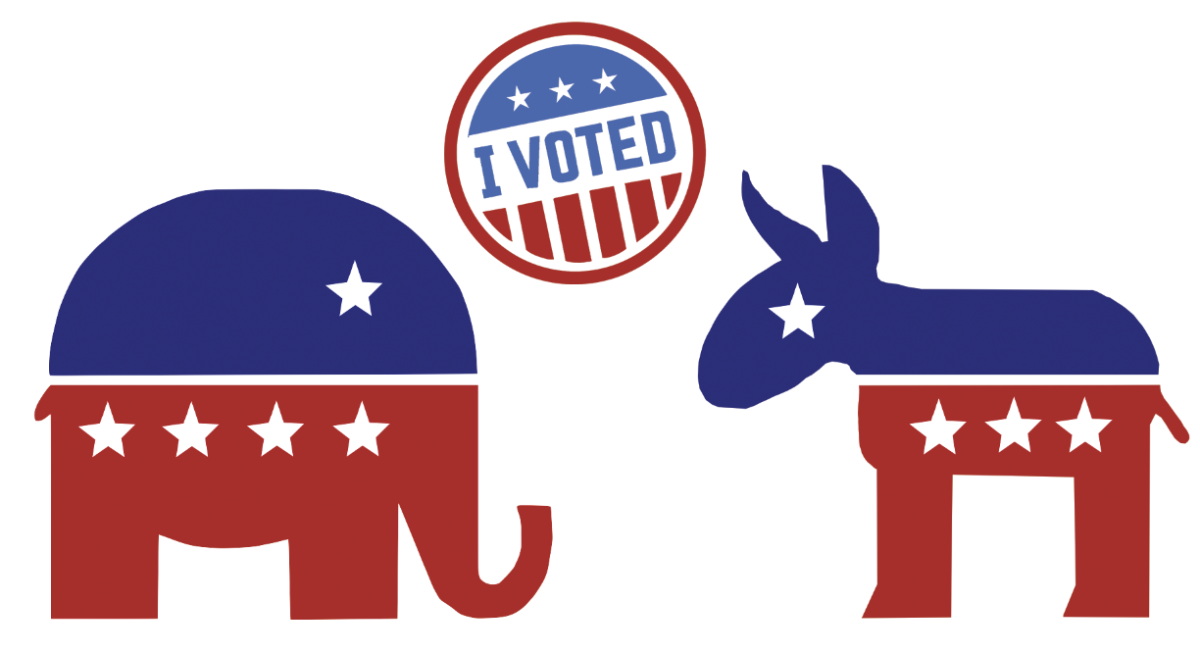“Health insurance in the United States is bullsh*t.” “Things you didn’t know were rape culture.” “What is genocide?” Painted in pastel colors, these phrases dominate our social media feeds. Numerous political activist accounts on Instagram share graphics adorned with such phrases, each followed up with additional slides featuring bullet points that dissect the current political issues.
Such infographics have become commonplace on social media platforms. With a single search, users can find hundreds of posts about abortion, systemic racism or ongoing international wars. Almost any polarizing issue in today’s American political landscape can be found online.
Though social media can help make information more accessible to the public, it poses significant harm due to its potential to spread misinformation. Platforms like TikTok, Instagram and X (formerly known as Twitter) prioritize attention-grabbing content that users will be prone to interact with, leading to clickbait and oversimplified narratives. Condensing complex issues into brief posts can also lead to oversimplification — as seen in posts covering recent conflict in Israel. It is impossible to sum up an inter-generational conflict into a few, short bullet points, and trying to do so only exacerbates polarization. Rather than prioritizing concision, social media should serve as a starting point for users to educate themselves and form nuanced opinions.
One other issue that stems from social media activism is the lack of exposure to diverse perspectives. Social media platforms use specific algorithms that are designed to provide users with content that is aligned with their existing views. This creates an echo chamber, resulting in the development of uninformed, one-sided opinions. During the height of the pandemic, false theories regarding COVID-19 spread online, instilling fear in people, according to The National Library of Medicine. Several people refused to receive vaccinations and remain home in quarantine because of this. Exposure to one-sided and inaccurate information led to a fundamental undermining of public health efforts and exacerbation of the crisis.
It is also crucial to understand the motivations behind posting and reposting certain messages on social media. Though some users use their platform to help raise awareness, there are people who post because of social obligation or to exhibit a certain public image. Online virtue signaling often does not result in tangible change, and without the right motivations for posting, important issues become trivialized and are reduced to mere trends.
One cause that fell victim was the Black Lives Matter movement that received major attention on social media in 2020. On June 2, 2020, over 28 million people posted a black square on Instagram in honor of Blackout Tuesday, a collective action to protest police brutality against Black Americans, according to NBC. On the surface, this might resemble a spark for change. However, if most people posted because of a feeling of social obligation, there is no further promise that real change will come from it. 50% of all Americans consider themselves politically active on social media. Yet, only 19% reported having researched information on protests, rallies and other ways of advocating for change, according to the Pew Research Center. A few days after Blackout Tuesday, most posts were taken down, showing that many posters didn’t actually care about the cause they were promoting — highlighting the problem of performative, temporary actions in the name of activism.
There is no doubt that social media can be a revolutionary tool in enacting social and systemic change. However, it is necessary for us to be diligent about the content we repost and interact with. Pastel infographics are not bad, but should not treated as an all-encompassing research database or the ultimate form of activism. Rather, it should be treated as a starting point for further research and education.

